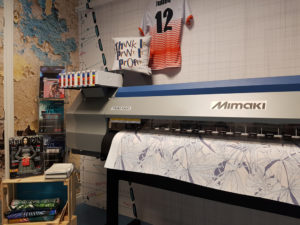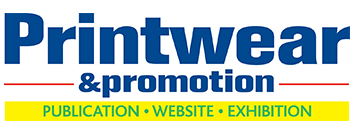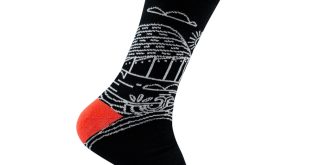
Digital textile print is an exciting route to new business and profitability. With the advent of digital textile innovations and improvements in technology, the market is changing rapidly.
With the lower cost of production through affordable print technology, inks and wider choice of fabrics, small companies can now cost effectively print on demand. Textiles make a significant contribution to the UK economy (currently at £28 billion) with increases of £5 billion in the apparel sector and £4 billion in the homeware sector expected by 2020.
Disperse inks are the most commonly known type of digital textile inks, and this is what is used in the dye-sublimation ink process. Dispersed inks infuse into and actually dye the fabric, becoming part of the textile itself. Disperse inks are broken down into low-energy, medium-energy and high-energy dispersion.
Commonly used dye sublimation inks are a low-energy dye dispersion, most typically used for transfer printing from paper to fabric. The sublimation process requires the use of a calendar to deliver heat and pressure. When the ink and carrier is heated to a high temperature (typically around 380-400°F) the carrier evaporates and the dye turns to gas. The synthetic fibres open to receive the gas and when they cool, they close and encapsulate the colorant, which then returns to a solid, actually dyeing the material.
Mimaki, a leading manufacturer of wide format digital printers for sign and graphics, has been producing textile printers since 1999 and they remain at the forefront of the developing digital textile print industry. It offers a range of solutions with entry level dye sublimation machines such as the TS30-1300 up to the high production TS55-1800.
The Mimaki TS30-1300 1.3m width dye sublimation printer is aimed at those looking to enter the textile market or who are ready to make the leap from a desktop dye sub printer to wide format production. The TS30-1300 is both versatile and easy to use and if required can be equipped with fluorescent pink and yellow inks, perfect for sportswear such as cycling kits as well as the growing soft signage market. For fashion studios, the TS30-1300 can be used to quickly create samples in house without the need and cost of outsourcing.
When coupled with a heat calendar and the wide range of available textile substrates, the scope of applications that can be created through dye sublimation makes for an attractive investment and an exciting route to profitability. Quite often, new revenue opportunities can be gained with existing clients and customers. Diversifying and increasing your offering can be an easy step to new business.
 Printwear & Promotion The Total Promotional Package
Printwear & Promotion The Total Promotional Package




